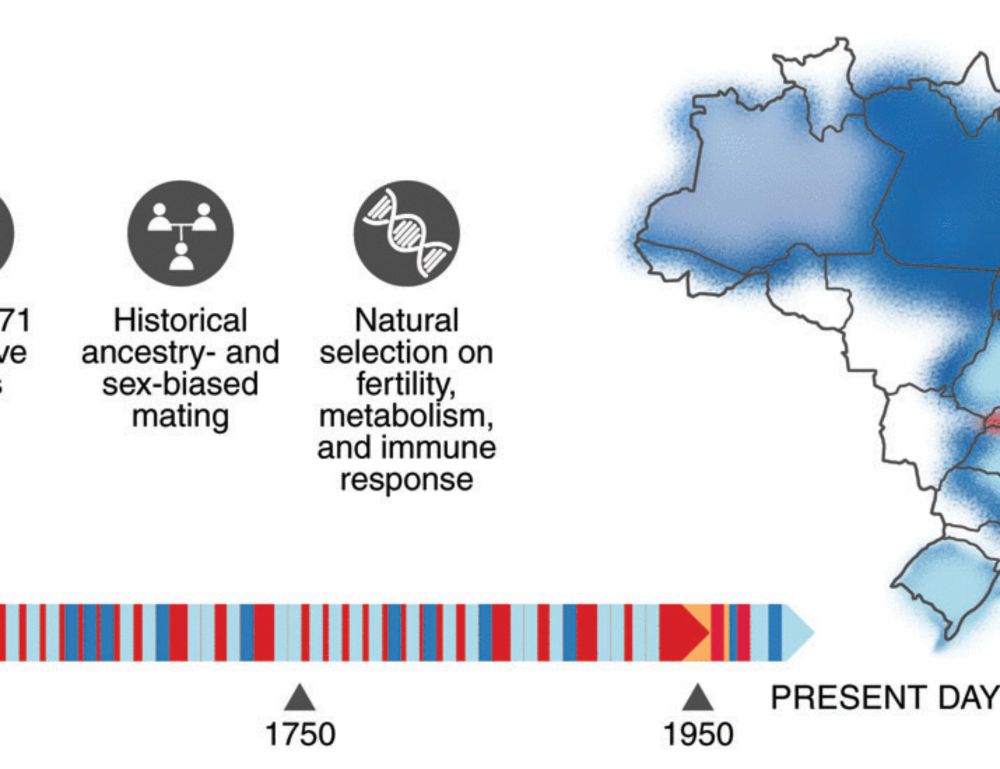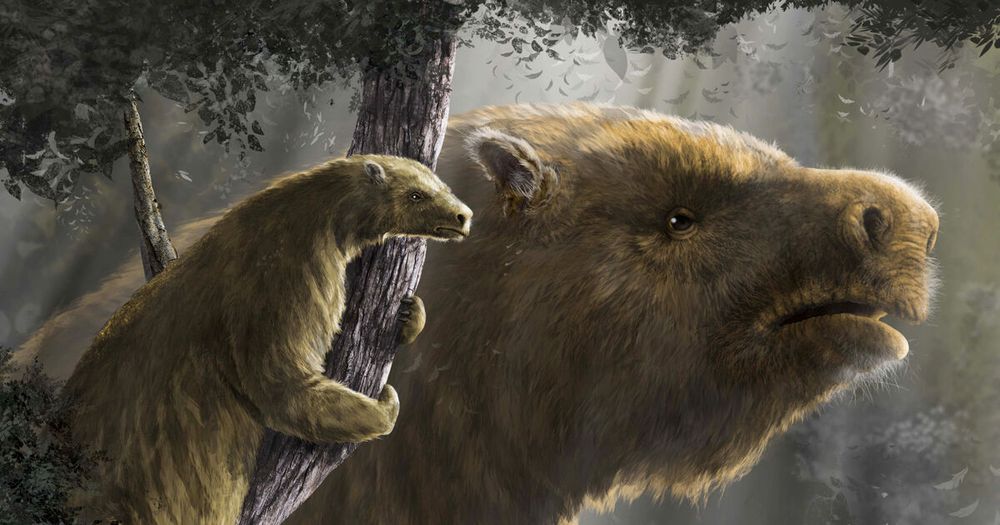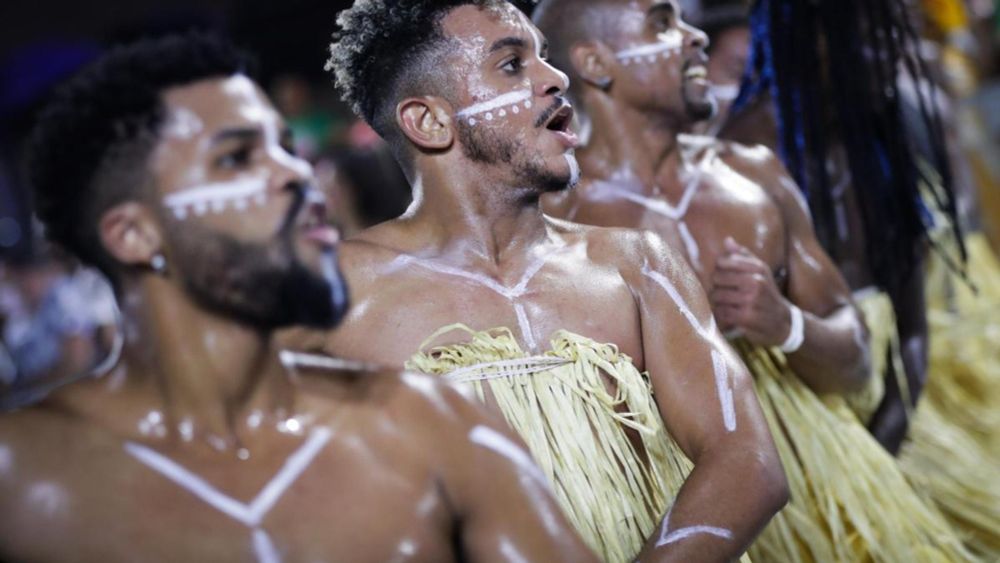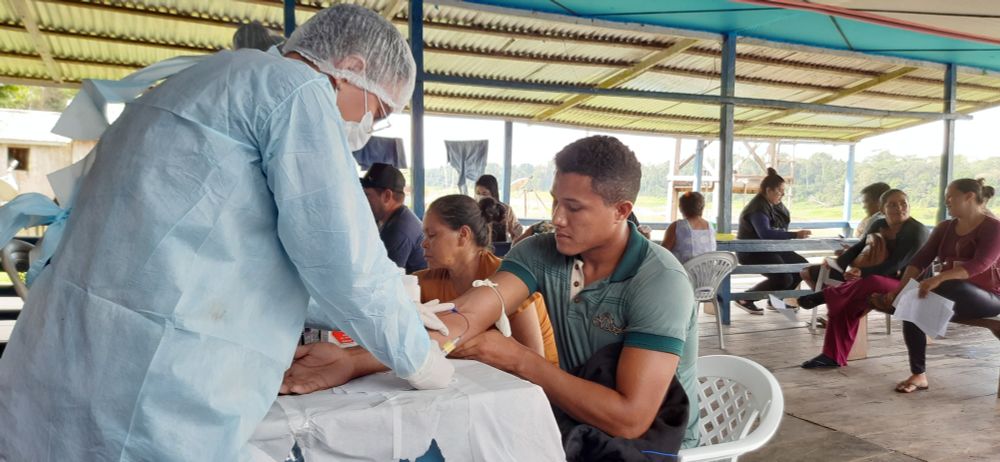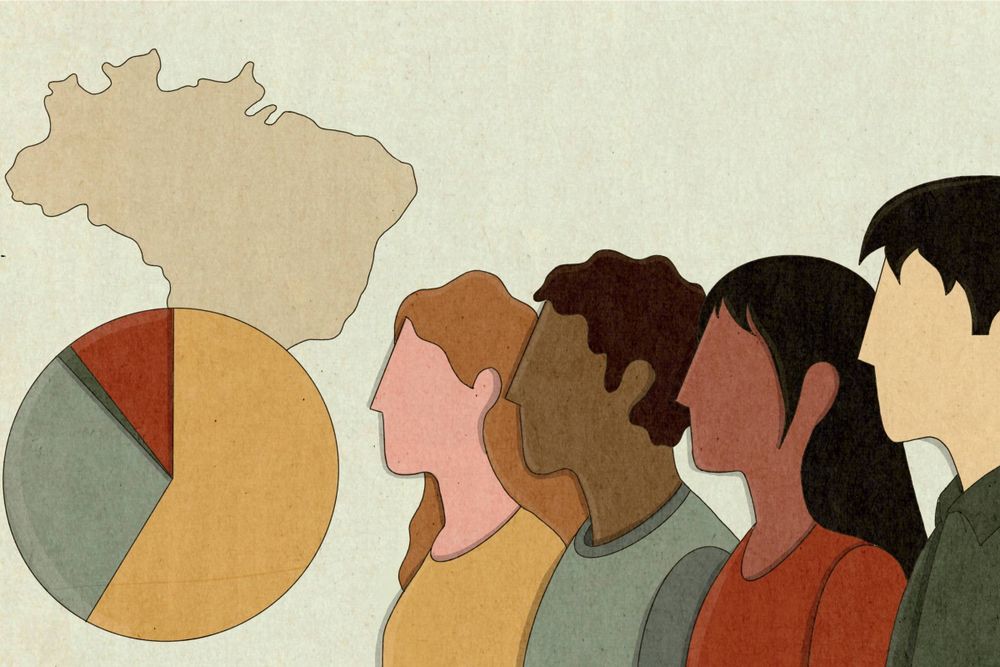Marcos Castro e Silva, PhD 🇧🇷
@macscastro.bsky.social
130 followers
370 following
15 posts
Postdoc fellow at @IBE_Barcelona @UPFBarcelona • Interested in how genomics can help us understand human history and evolution • he/him
Posts
Media
Videos
Starter Packs
Reposted by Marcos Castro e Silva, PhD 🇧🇷
Reposted by Marcos Castro e Silva, PhD 🇧🇷
Reposted by Marcos Castro e Silva, PhD 🇧🇷
Reposted by Marcos Castro e Silva, PhD 🇧🇷
Reposted by Marcos Castro e Silva, PhD 🇧🇷
Reposted by Marcos Castro e Silva, PhD 🇧🇷
Reposted by Marcos Castro e Silva, PhD 🇧🇷
Eduardo Amorim
@cegamorim.bsky.social
· May 15
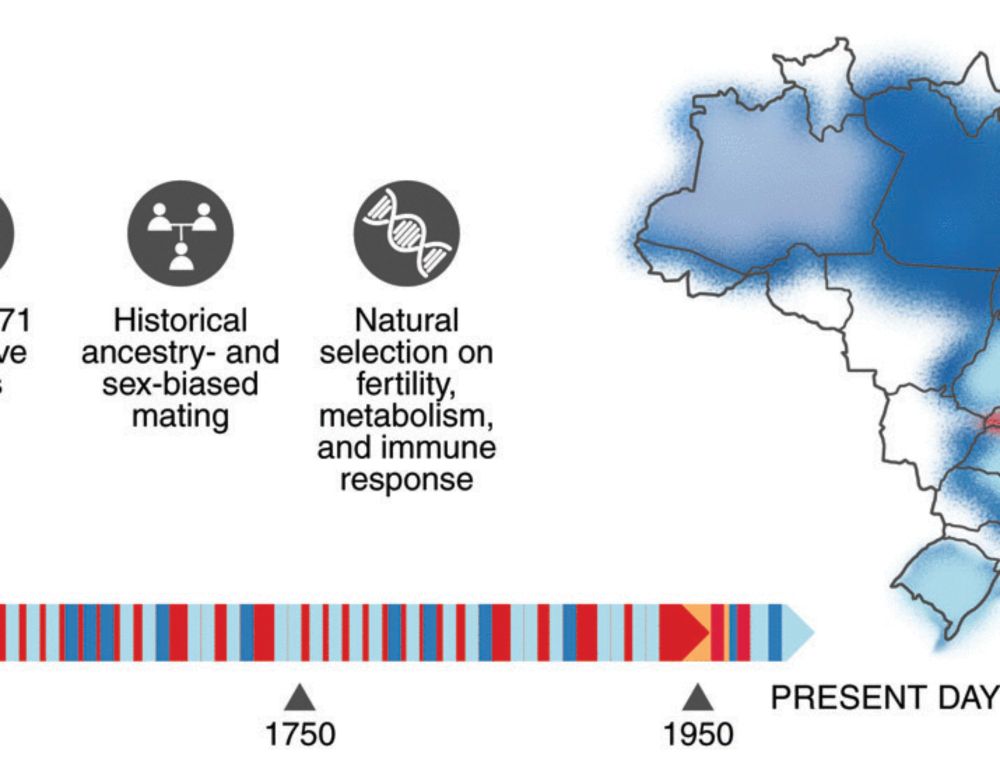
Admixture’s impact on Brazilian population evolution and health
Brazil, the largest Latin American country, is underrepresented in genomic research despite boasting the world’s largest recently admixed population. In this study, we generated 2723 high-coverage who...
www.science.org

